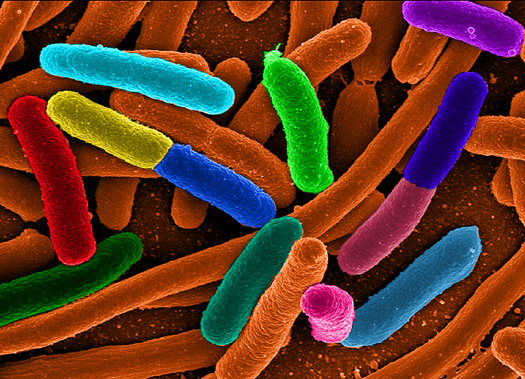Telltale Bacteria From Criminals’ Guts Could Crack Cases
Microbiome provides a unique, enduring "fingerprint"

We as humans have a lot of characteristics that make us easy to distinguish from one another, such as the details in our fingerprints, eyes, and hair. Research over the past few years has shown that the bacteria living in various parts of the human body are also unique. A new study from researchers at the Harvard School of Public Health reveals for the first time that intestinal bacteria can be used as a forensic tool, helping scientists identify individuals from hundreds of samples. The research was published this week in PNAS.
In the study, scientists created an algorithm for the type and number of bacteria found in the stool, saliva, and skin of about 250 participants. They then compared this initial data to that from samples collected at follow-up appointments over the following months. The researchers found that an individual’s reading was surprisingly stable over a yearlong period, making them easily identifiable; the gut microbiome was especially reliable, allowing researchers to identify more than 80 percent of study participants a year after the initial sample was taken.
The ability to identify people based on the bacteria from their skin, saliva or stool could open the door to data privacy concerns, though the study authors say it’s not likely. Research like this could be useful in opening up a new avenue in forensics, but the authors see this work as a new way to study humans’ microbial ecology in the long term, increasing our understanding of how our microbiomes keep us healthy and stave off disease.